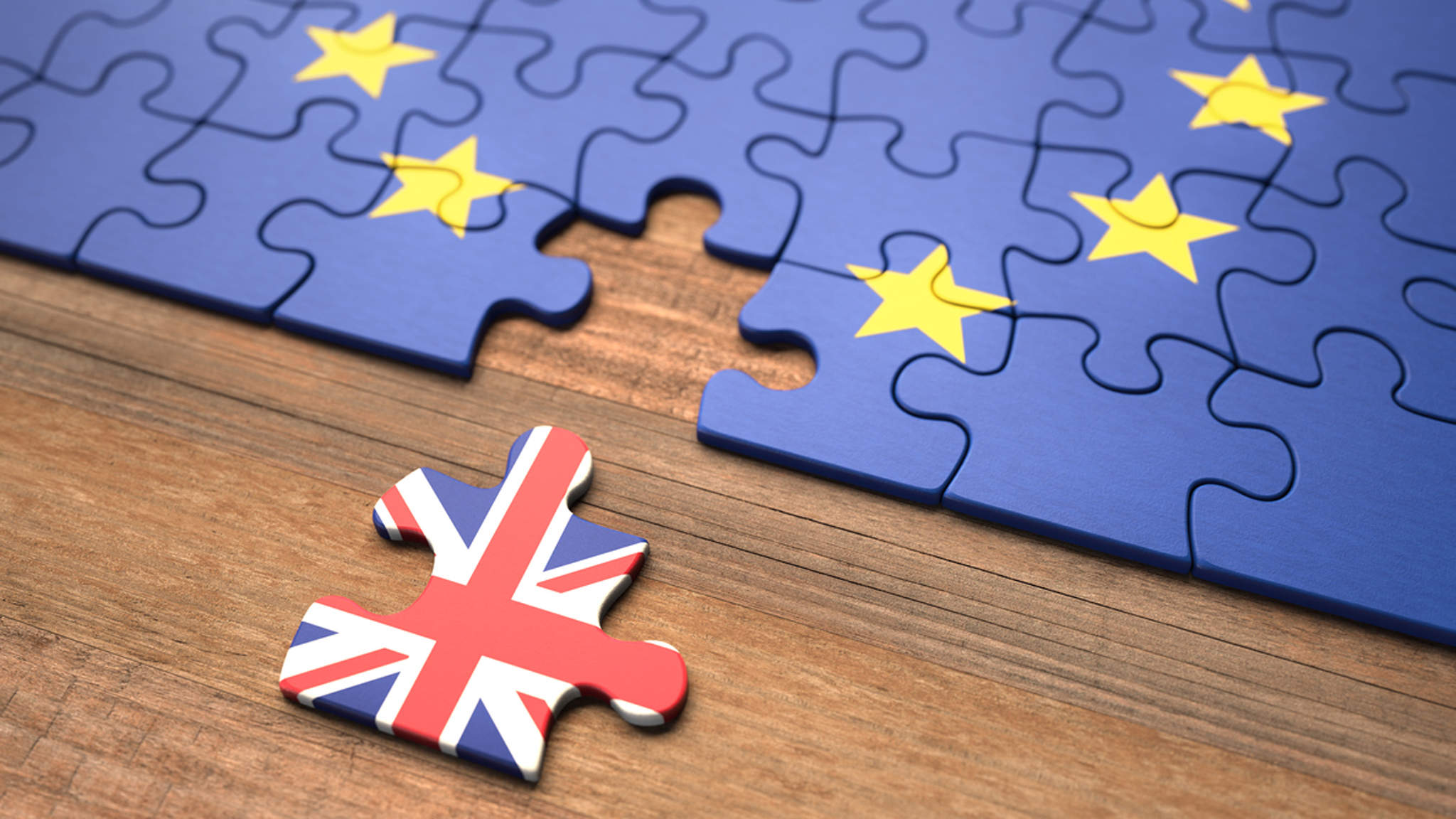We heard about the long-awaited “Brexit” being implemented for over 4 years in the United Kingdom but many people are still unsure what it means or what impact it would have on the rest of the world. So what is Brexit?
Brexit is short for “British Exit” and marks the United Kingdom’s departure from the European Union (EU). A kind of a divorce! The United Kingdom is a collective name used for the sovereign state that includes England, Scotland, Wales and Northern Ireland. And what is the European Union? The European Union is a political and economic union of 28 European countries that are bound in this union which allows them to trade with one another and allow citizens to live and work easily between them. The European Union includes countries in Europe such as Italy, France, Lithuania, Spain. The United Kingdom has been a part of this union since 1973.
So, being able to move freely between national boundaries sounds quite like a modern dream, right? Then why did the United Kingdom decide to leave this union? The UK’s decision to leave the union began in 2016 through a referendum which was a public vote that took place on June 23, 2016. This referendum was carried out to decide whether the UK should stay with the Union or leave it. Obviously, the public voted for the UK to leave. But this departure was not implemented straight away.
So why did those who voted Leave do so? Brexit supporters cited a range of reasons for their vote, including the European debt crisis, immigration, terrorism, and the perceived burden of Brussels’ bureaucracy on the British economy. Britain has long been cautious of the European Union schemes that it believes can endanger the country’s sovereignty: the UK never opted into the EU’s monetary union, thus it uses the Great British Pound rather than the Euro. It has also refrained from joining the Schengen Area which means it does not share open borders with many other European countries. The Schengen deal includes free movement between the countries where a Schengen Visa is applied – so for travelers, you can take that train from France to Belgium or Spain without worrying about international borders.
And why did those who voted Stay do so? Brexit opponents offer a variety of justifications for their stance. One is the risk of withdrawing from the EU’s decision-making process, given that the EU is the UK’s largest export market. The other is the “four freedoms” of the EU, which include the free flow of goods, services, capital, and people across country boundaries. This means that the UK is part of this liberal circle that allows things and people to move freely and Brexit would put a stop to that – thus destabilizing the economy.
As there were more people in favor of leaving, this meant that now a plan had to be put in place to decide how exactly the UK leaves the EU. There is a lot at stake here so a smooth transition needed to be planned. This plan was called the Withdrawal Agreement and addressed issues such as the amount of money the UK will have to pay the EU to end the alliance – over £39 billion and what would happen to UK citizens who live in other EU countries, as well as EU people who live in the UK?
After much debates, negotiations, and push-backs, the UK finally left the EU on 31st January, 2020 and its effects still unfold for both the EU and the UK – we need to just wait and watch!







